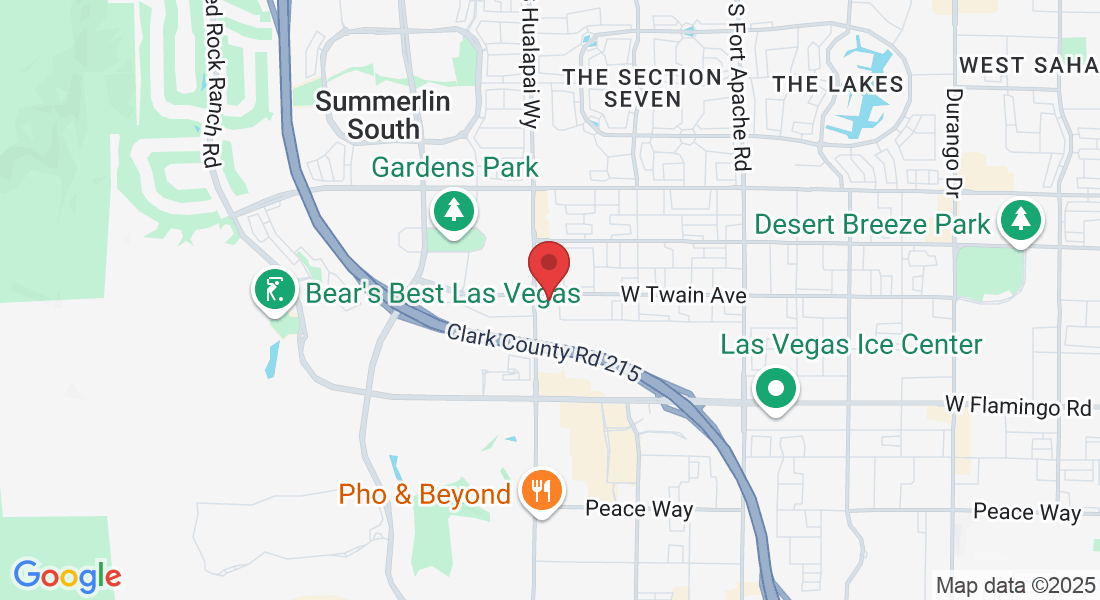
How To Do Taxes As A Small Business Owner | CPA Attorney
If you own a business, you are likely wondering how to do taxes as a small business owner. Tax laws are complicated. A simple mistake can result in sizable penalties. A CPA and tax attorney can help you prepare your taxes and advise you on the best practices to maximize tax savings. Consider contacting CPA Attorney at (702) 420-0217 to schedule a confidential consultation with a qualified tax attorney and CPA.
Choose Your Business Entity
The type of business entity that business owners select for their business dictates how much tax they will owe and the extent to which they will be personally liable for the business. Under the Tax Cuts and Jobs Act of 2017, the corporation rate of 21 percent is applied to C corporations. For most other types of business entities, businesses are considered pass-through entities, so business owners pay tax based on their individual income tax. According to the Internal Revenue Service (IRS), the individual income tax rate is between 10 and 37 percent, depending on the business owner’s income.
Choose Your Tax Year
Businesses can choose the tax year that is best suited to their business. Most businesses choose a calendar tax year that reflects the typical calendar. However, business owners can choose instead to have a fiscal tax year so that the tax year ends in a month other than December.
Know Your Tax Obligations
Knowing the basics about how to do taxes as a small business owner is essential. The Small Business Administration (SBA) highlights some of the taxes that businesses might be responsible for, such as:
Income Tax
Small business owners have to pay tax on the income they receive that is not subject to withholding. This is typically completed by paying estimated taxes to the IRS.
Partnerships file an information return each year but do not pay income taxes. Each partner is responsible for reporting his or her share of the profits of the partnership on an individual tax return.
Self-Employment Tax
Employers are responsible for one-half of workers’ Medicare and Social Security taxes. If the business owner is not considered an employee, then he or she is responsible for paying the full 15.3 percent that represents both the employer’s and employee’s share of Medicare and Social Security taxes.
Payroll Taxes
Small businesses must pay 7.25 percent of employees’ gross payroll.
Excise Tax
The federal government taxes businesses that manufacture or sell products that fall within certain categories.
Sales and Use Tax
Many states tax the sale of goods and services. However, some products, such as food, medicine, or utilities, might be exempt from taxes.
Property Tax
Real and personal property can also be taxed. The amount of property tax a business owner must pay is usually based on the property’s total value or a percentage of that value. The SBA states that property tax varies from 0.18 to 1.89 percent, depending on the state.
Capital Gains Tax
If a small business owner owned investments and sold them after a year, they may be responsible for paying up to 20 percent on the gains.
Dividend Tax
Dividends paid to a small business owner are considered income and taxed according to their tax rate or the corporate tax rate, depending on how the business is structured.
Keep Good Records
One of the best ways that business owners can help accountants is to keep good records year-round. Maintaining good records can ensure that a business owner receives all the tax deductions to which he or she is entitled while also safeguarding against a negative outcome in case of an audit.
Some ground rules for keeping good records include:
Record and categorize every business transaction
Include the amount, the category for the transaction, the date, and a short description for each transaction
Start at the beginning of the fiscal year and categorize transactions on a daily basis while the transaction details are fresh
Keep copies of all receipts, invoices, and other documentation related to transactions
Create separate accounts for business and personal use and do not intermingle them
Report All Income
Small business owners often receive income from various sources. The IRS compares information contained in 1099 forms to what the business owner reports. Even if a business owner does not receive a 1099, he or she is still responsible for reporting the income and paying the appropriate amount of taxes on it.
File Tax Forms for Employees and Contractors
Payroll expenses and amounts paid to independent contractors and freelancers may make up a significant portion of the expenses of a small business. A small business owner, therefore, should carefully track all amounts paid to others for work related to the business. Small business owners are required to provide a 1099 form to all contractors to whom they paid $600 or more for the year and W-2s for all employees. Business owners may need to request a W-9 if they are missing information needed to complete these forms.
Gather Information and Forms
To get ready for filing taxes, business owners should gather information and necessary forms for their unique tax situations. Sole proprietors and single-member LLCs usually complete the Schedule C to help determine:
Cost of goods sold
Business tax deductions
Business assets
Home office deduction
Self-employment tax
Help from a Professional
At CPA Attorney, you can have the benefit of both an accountant and a tax attorney to help you with your small business taxes. Help from a professional can allow you to stay ahead of changes in tax law and give you a valuable resource when you have questions or complex tax situations. Handling your business taxes is a year-long process.
Know Your Tax Filing Deadline
The tax filing deadline in 2022 is April 18 for most small businesses. For S corporations and partnerships, the tax filing deadline in 2022 is March 15.
Contact a Qualified Tax Lawyer for Assistance
If you are concerned about how to do taxes as a small business owner, rest assured that you do not have to confront this challenge alone. CPA Attorney can evaluate your current tax situation and offer advice about how to best manage your tax liability. Consider contacting our experienced tax attorneys to learn more about your financial rights and obligations at (702) 420-0217.
© Copyright 2025 – CPA Attorney


